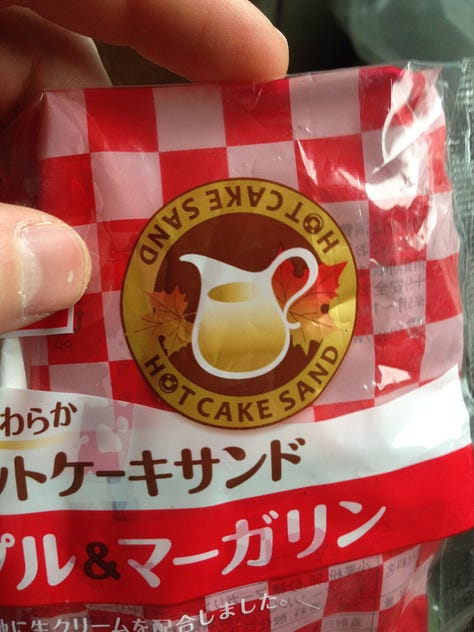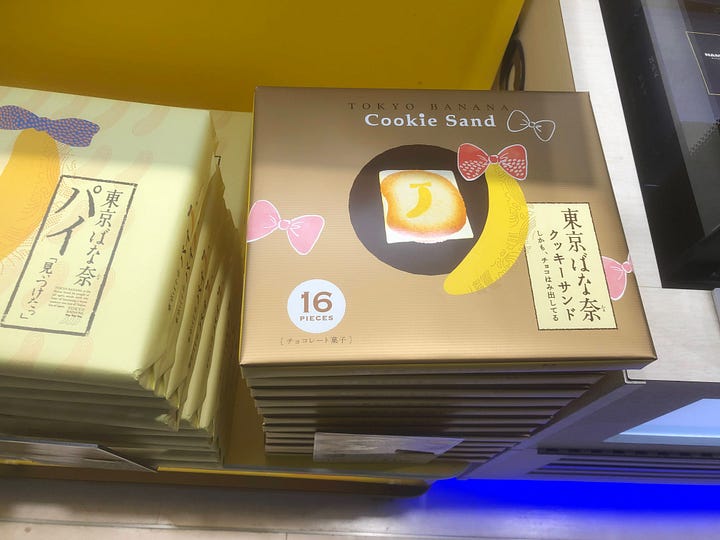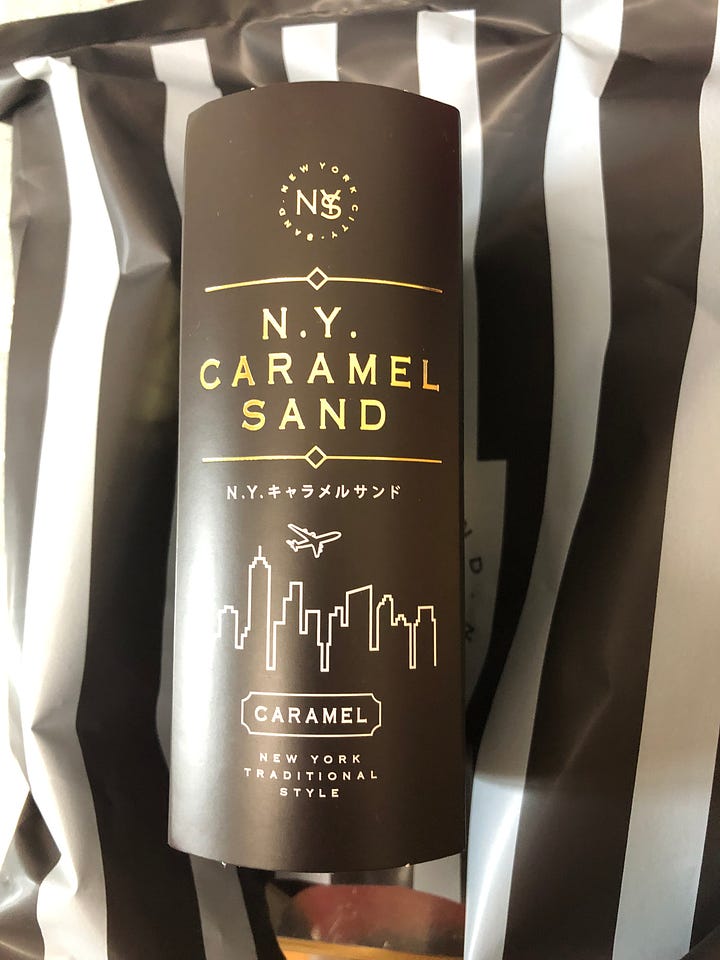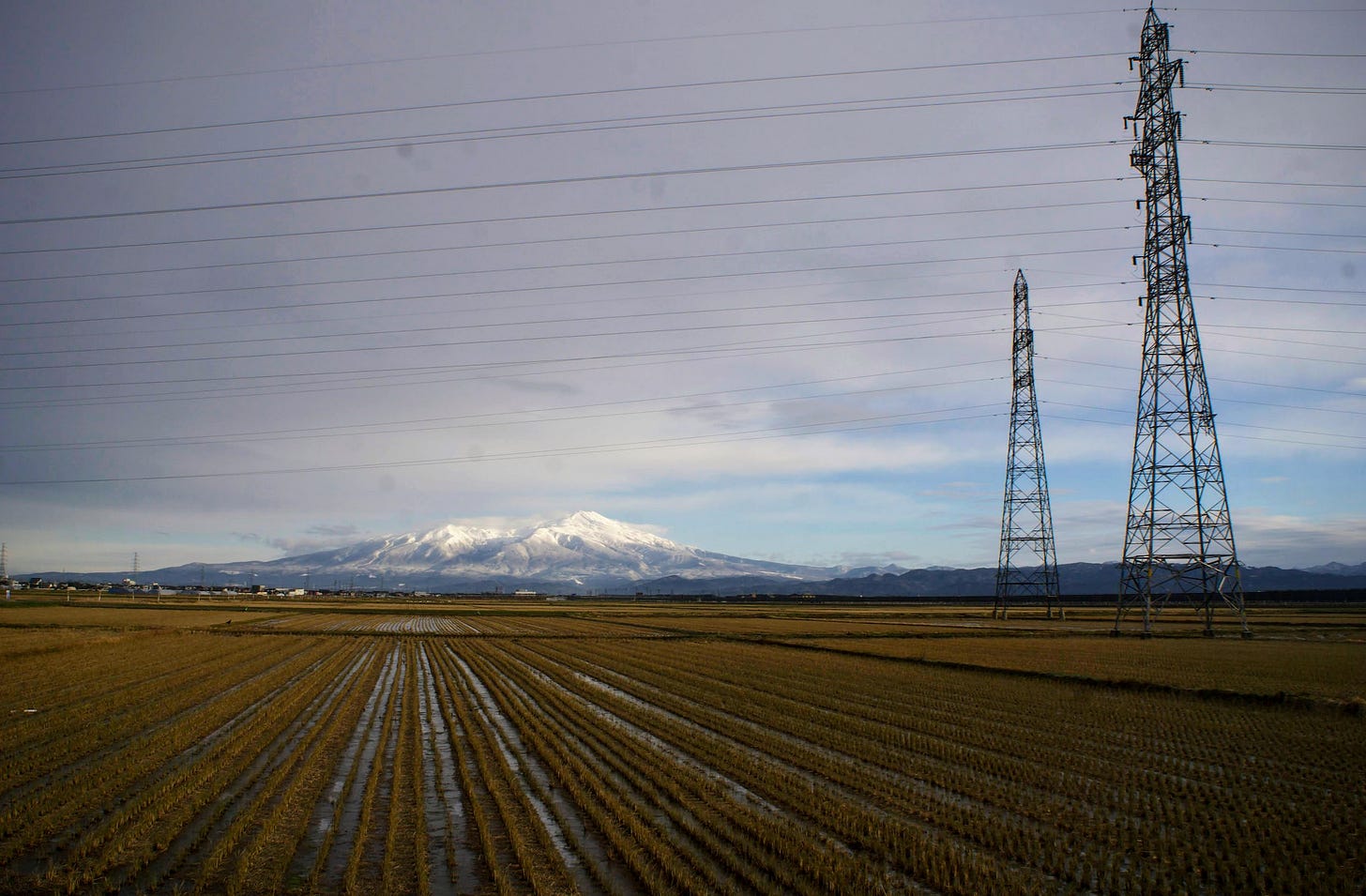Sudoku, and The Hardest Thing About Learning Japanese
Well, besides Keigo, honorific speech, perhaps.
Kia ora Koutou, Tim Bunting, Kiwi Yamabushi here on the Japan you never knew you wanted to know.
Sudoku.

You know, that addictive Japanese numbers game.
This is how to write Sudoku in Japanese:
数独
数: Su, also read Kazu, means number.
独: Doku, also read hitori, means independence.
Numbers of independence. Independent numbers.
Easy-peasy, Japanese-y.
Well, for some at least.
Sudoku is one of the biggest time sinks to exist. It’s why I make a point of deleting it from my phone (alongside Gmail and Reddit).
At the same time though, Sudoku highlights three of the toughest things for non-native learners of Japanese to grasp.
Here’s the first:
Short and long vowels.

If you’re an English speaker who doesn’t speak Japanese, chances are when you say Sudoku, you’re saying something along the lines of ‘Sue’ ‘dough’ ‘Ku’, with an equal emphasis on each syllable.
(Who is Sue? What dough is she making? And I’m not going to say the rest of that…)
Long story short, in the word Sudoku, the Su is elongated. The do and ku are both short vowels*.
This is why you may see Sudoku written with a line above the u:
Sūdoku.
Now you know that, try saying Sudoku in Japanese with a bit of pizazz. Channel your inner Ken Watanabe or Marie Kondo.
You’re still saying it wrong.
Also long story short, the existence of short and long vowel sounds in Japanese is not something that translates well into English.
Attempts have been made. But it all seems a bit ridiculous:
Ohsaka or Tohkyoh, Yohko Ono or Shohei Ohtani, anyone?
Ok, admittedly, Shohei Ohtani makes sense, lest his last name rhyme with botany. At least the Americans get that part somewhat right, I guess.
Either way, when I was learning Japanese at high school, 20 years ago now, our teacher made a point of having us say Japanese words and place names correctly, even when speaking English.
Including the short and long vowel sounds.
And I’m glad she did. It put me on the path of making a point of remembering when and when not to elongate the vowels.
This is much more important than you’d think, too. Want to know why? Who better to teach you than Katsura Sunshine! (wait until you hear the last one!):
These days, when I translate Japanese terms into English, I default to the modified Hepburn Method of romanisation. In this method, you essentially ignore the existence of long and short vowels.
Tokyo.
Osaka.
Otani.
That sort of thing.
But this still doesn’t tell you how to say Sudoku in Japanese.
You see, Sudoku is a bit like Anime. It’s a loan word; a word borrowed from another language.
In English, Anime is a Japanese loan word. Only, in the case of Anime, this word originates from an English loan word itself:
Animation becomes animeshon in Japanese (elongated ‘e’).
Animeshon is abbreviated to anime (short ‘e’ this time).
This was reborrowed into English as Anime meaning ‘Japanese Animation’.
Oh, and just quickly, Japanese love to abbreviate things:





Convenience Store in Japanese, Konbiniensu sutoa (elongated ‘a’), becomes Konbini.
Sandwich in Japanese, Sandoichi, becomes Sando (which Japanese people think means anything sandwiched between something, which I think explains sugar butter sand tree, or the big ’Sand’ sign you find in Konbini).
Or my perennial favourite, Brainstorming, buren sutomingu (elongated ‘e’ and ‘o’), becomes ‘buresto’ (short ‘e’ and ‘o’), which sounds like the English word ‘breast’.
And so on, and so on.
Hang on, what does this have to do with Sudoku?
Japanese is a language that changes fast. Long story short, Japanese people also love using loan words (to the chagrin of the older generation).
And in fact, English loan words now make up more than 10% of standard Japanese**.
You read that right.
Now more than 10% of Japanese words are English words (or bastardisations of them, at least).
And Sudoku just happens to be one of the victims.
Finally, how to say Sudoku in Japanese.
Nanpure.
Nan-pu-re (zero elongated vowels).
Can you guess where this word comes from?
Well, English, of course.
Remember what the ‘Su’ in sudoku means?
Number.
Which of course gets abbreviated to ‘nan’.
Then, ‘pu-re’ is an abbreviation of yet another English word that has become Japanese: Puresu, said with an elongated ‘e’.
Place.
‘Number’ and ‘Place’ becomes ‘Nanpure’, and it means Sudoku!(see what happens if you search it!)
Elongated vowels, abbreviations, borrowed words, and then they just go ahead and make up completely new words!
Easy peasy, Japanese-y!
That’s the hardest thing about learning Japanese.
Oh, or maybe Keigo, honourific speech, is more difficult. Long story short, that’s a long story for another time.
Note:
*The ‘do’ sounds like the ‘do’ in ‘dot’.
The ‘u’ sound we don’t really have in English. Well, we do. It’s the first part of the ‘oo’ sound in ‘too’, but it’s not as long as that. /u:/ is how we write the ‘oo’ sound in ‘too’ in phonetics. The ‘:’ represents elongation. Don’t elongate it, and you have the Japanese ‘u’ sound!
**I don’t have empirical evidence for this, you’ll just have to trust me.
Daily Yamabushi for This Week

Daily Yamabushi posts for the week of December 15 to December 21, 2023.
Read Daily Yamabushi for free at timbunting.com/blog or Medium.com.
Mountains of Wisdom: Tell Your Friends

Thanks for your support, and thanks to the support of paid subscribers who make this possible. If you have the means, consider becoming a paid member to receive member-only posts and special insights into the world of the yamabushi.
And, as always, get more content on the Japan you never knew you wanted to know on my blog, YouTube, Instagram, Facebook, Twitter, LinkedIn, Threads, or Medium.com.
Ka kite ano.
Tim.


But...but...you didn't write about why the Japanese call the puzzle "nanpure"/Number Place when most of the rest of us call it sudoku.
I agree that it doesn't have anything to do with short and long vowel sounds, but it's still another great anecdote about Japanese culture vs. world culture.